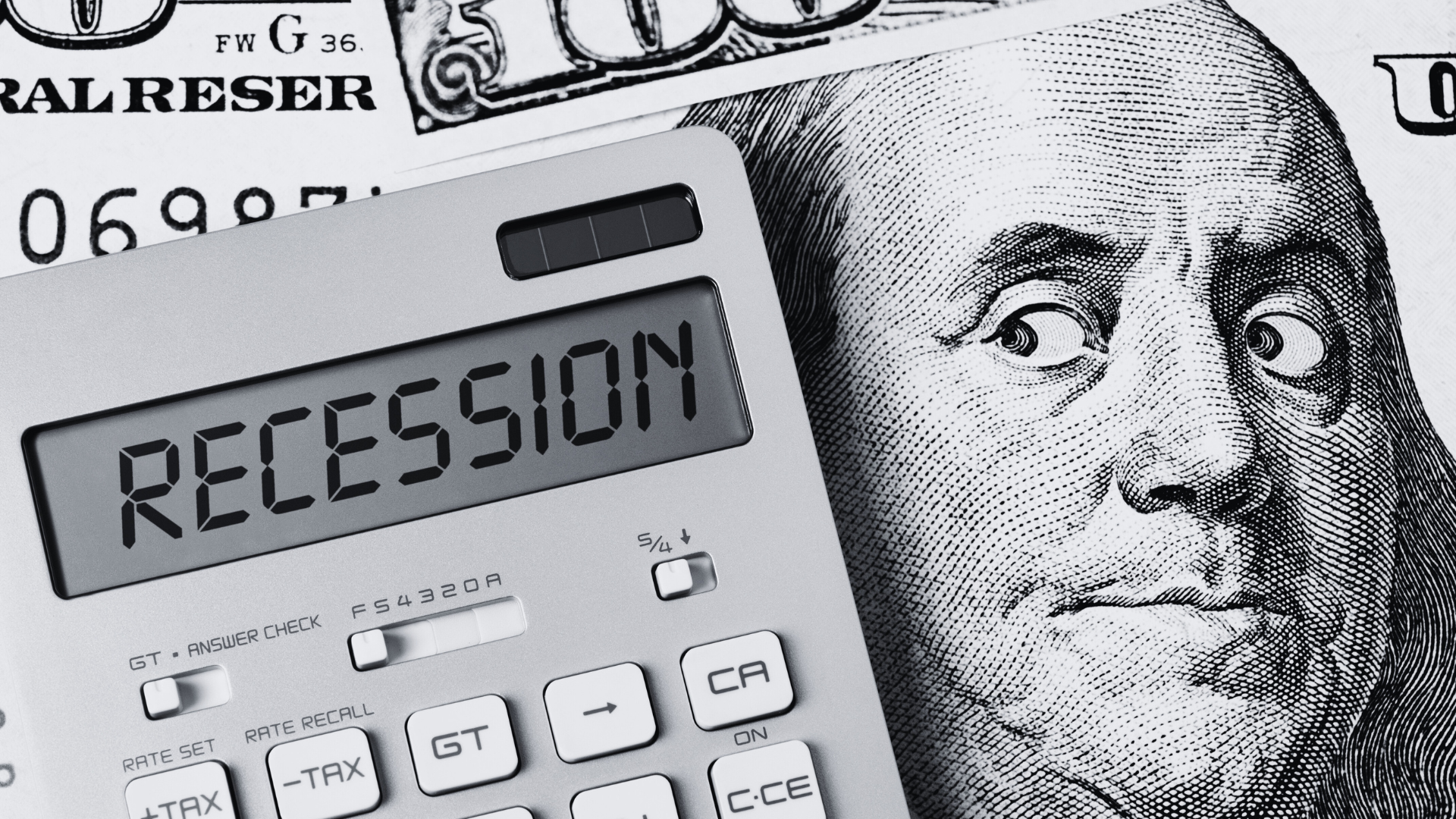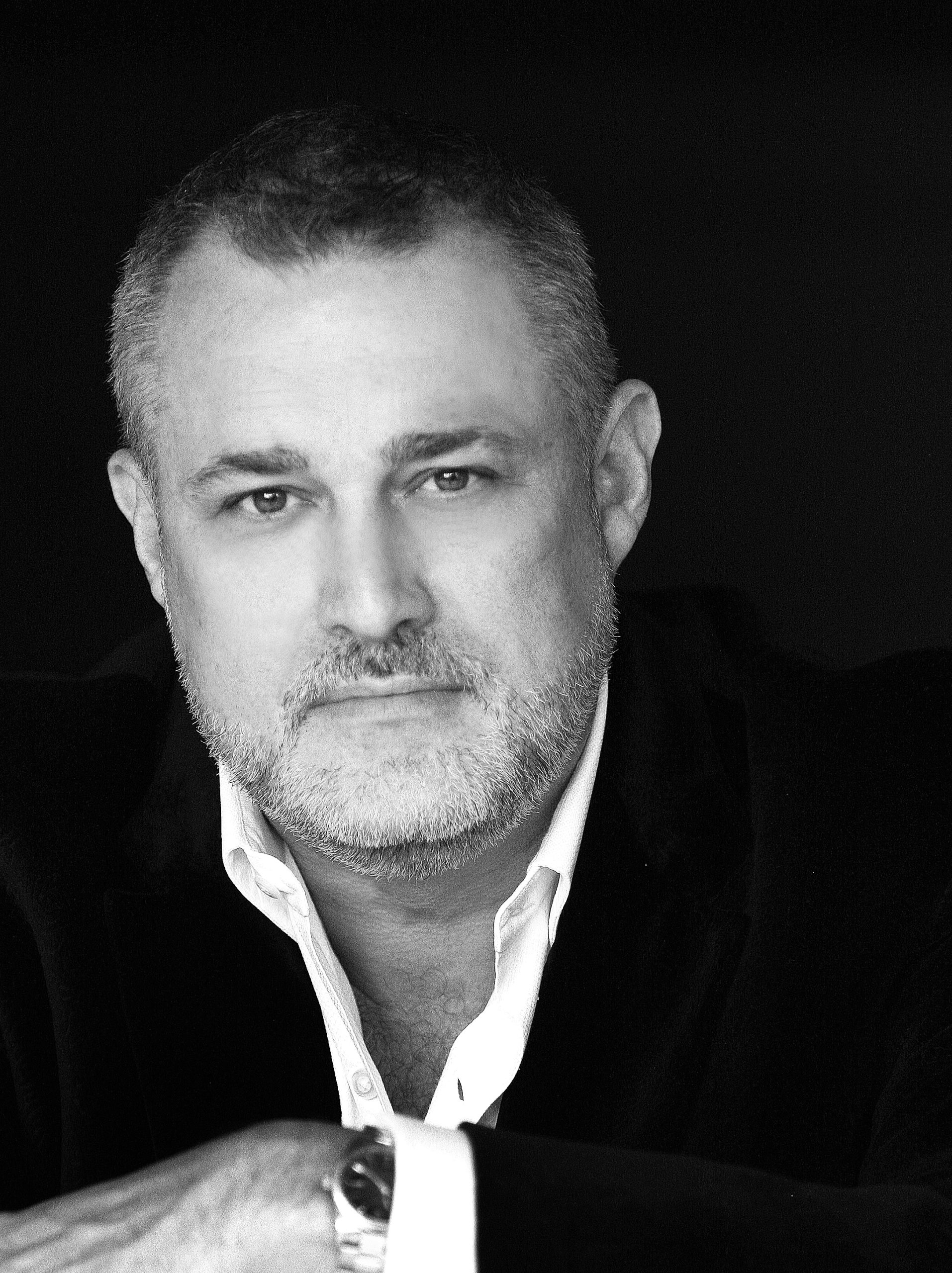
Changing the Investment Industry Through Elevated Economics

The future of business is always a hot topic, especially the way the last year has upended entire industries. You can talk about specific trends accelerating during the pandemic all you want, but one trend that continually changes is consumer behavior. Today’s buyers aren’t content with a catchy jingle or colorful packaging. They want more! It’s about the promises delivered by the brand to extend beyond a quality product. Consumers want assurances that the product they’re buying has a reputation that goes well beyond the store shelf.
With that in mind, I was looking forward to interviewing Richard Steel, CEO of Parsec Ventures and the author of Elevated Economics: How Conscious Consumers Will Fuel the Future of Business on my “All Business with Jeffrey Hayzlett” show.
“Elevated Economics is not an opinion piece. It’s not what I believe. It’s based on the numbers and trends,” Richard said.
In the book, Richard expands bout ESGs, and he does a great job explaining what that stands for.
“(ESGs) are a growing category of investment choices that blend environmental, social, and governance factors,” Richard said.
“For Environmental, obviously air emissions, air quality. If you’re a business leader thinking about those things. Your energy use, waste management, stuff like that.” He continued, “On the social side, what are your labor standards, production quality and safety issues, your local community impact.”
“On the governance side, how your business behaves, ethical business practices, voting rights, board independence, board diversity, accounting, and transparency.”
“That’s the overview of ESGs, you might hear that term used interchangeably with socially responsible investing or sustainable investing,” he concluded.
powered by Advanced iFrame. Get the Pro version on CodeCanyon.
No matter what you call it, those are values I stressed in my latest best-selling book, The Hero Factor. Let’s be clear. This isn’t a company masquerading as environmentally friendly only to make millions with no real conscience. We tend to think that there’s a trade-off between high returns and sustainability. Richard says investors need to change their mindset.
“It turns out there are lots and lots of studies that show that financial returns can actually be better, and there’s actually no trade-off whatsoever when you’re investing sustainably,” Richard said. “Morgan Stanley did a research poll of about 11,000 mutual funds, and they found there’s no financial trade-off in the returns of sustainable funds compared to traditional funds.”
Not only is this shift in running a company good for investors, but it’s good for businesses as well.
“The companies that practice sustainability are much more likely to be purpose-driven companies. If you’re a purpose-driven company, you can attract better talent. You can reduce churn and turnover as well, which, in turn, reduces costs,” Richard related.
One of the companies Richard mentioned that is doing this right now is Method Products. If you’re unfamiliar, Method makes sustainable cleaning products found at Target and other retailers. Not only are Method’s products climate-conscious, animal friendly, and sourced ethically, Richard says its CEO Drew Fraser “walks the walk.”
When it came time for Method to build a state-of-the-art factory in 2015, they could have gone anywhere. Instead of shipping the jobs overseas or building in the suburbs, the company made the conscious decision to build on a former brownfield site (an EPA designation meaning it could be contaminated) on Chicago’s South Side.
“(Method) decided to actually revitalize a neighborhood,” Richard said. “Build their plant (in Chicago), hire local folks. Some people who had never had bank accounts before. On the first day, they helped them set up bank accounts and really became a partner in the community and have done tremendously well. (Method) is giving a mission and a purpose and some style quite frankly to a category that hasn’t had it in the past. Cleaning products (are a) pretty bland and boring category, but they’re doing amazing things.”
Richard says he interviewed Drew for Elevated Economics, going deep into how Method’s sustainable practices created not only a successful business but tremendous brand loyalty as well.
According to Richard, companies like Method are part of a larger generational shift in investing and consumer habits. For example, while working on Elevated Economics, the Business Roundtable made headlines worldwide for its 2019 statement redefining the purpose of a corporation. Now, leaders of some of America’s largest corporations say their main goal isn’t just to create a dividend for shareholders but “lead their companies for the benefit of all stakeholders.”
“(The Business Roundtable CEOs) are all the people saying, ‘profits aren’t everything.’ Let’s dig into that. If profits aren’t everything, what is the new purpose of a corporation according to them? They break it down into five ways,” Richard said. “Delivering values to customers is first, investing in their employees is second. Dealing fairly and ethically with their suppliers, third. Supporting the communities in which we work, that’s number four. Lastly, generating long-term value for shareholders. Not short-term value, long-term value.”
“When we talk about this paradigm shift, it starts with consumers. They’ve expanded their definition of what is in their own self-interest, their communities, the environment, those other considerations,” Richard said.
This idea all goes back to one of my favorite sayings, “adapt, change or die.” Elevated economics is proof that businesses need to adapt to these new consumer demands, change the way they do business, or they’ll be a footnote in business history.
This post is just a sampling of our conversation. We also addressed why there’s more to being environmentally conscious than saying you’re ‘going green,’ how a rafting trip inspired Elevated Economics, and how companies can use all this change to their advantage. If you’d like to hear our complete conversation, click here.
- Break Free From Founder Dependence: Strategies for Business Success? - June 14, 2023
- The Gentle Leader’s Playbook: Mastering Employee Performance Without Being a Jerk - June 14, 2023
- Leading Through Future Uncertainty - June 7, 2023






